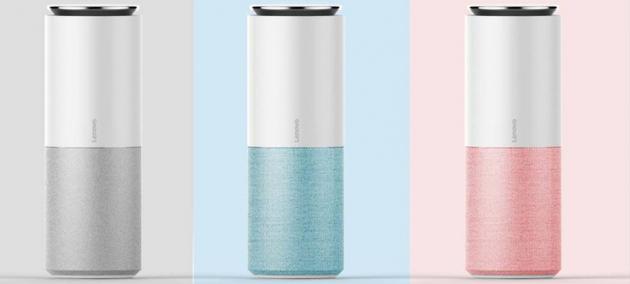
Smart speaker displayed at 2017 CES Lenovo, looks like Amazon Echo
OFweek smart home network news Although Apple senior vice president Phil - Schiller (Phil Schiller) at this year's WWDC conference has repeatedly stressed that Apple's smart speaker has just launched a music device combined with Apple Music. But in this new field, Apple still looks like a chaser who is struggling to catch up with the first tier.
Smart speakers are different from those electronic devices that have been more personally used in the past. The use scenario is more of a family. This is also the reason why Apple’s new hardware is called HomePod. It is the home version of the iPod, in addition to playing music. To have voice assistants, smart home control, etc. "skills."
Unfortunately, these features were the reasons why Amazon Echo, which created the smart speaker market, became popular two years ago.
In November 2014, Amazon released the Echo Smart Speaker. This new hardware doesn't have much difference with the general bluetooth speakers. It has Alexa, Amazon's voice assistant. Different from the smart assistants on mobile phones such as Siri, Google Now, and Cortana, users can play music, query news and weather information, and control smart home devices through a simple voice command without using a button.
At the time, smart phones were also considered to occupy the commanding heights of the mobile Internet era. Compared with Amazon's Fire Phone smartphone released in June of that year, the Echo speaker did not receive much attention, and just quietly put it on the Amazon store. In stark contrast to that, in June of that year, Amazon founder and CEO Jeff Bezos was the Fire Phone platform and personally demonstrated new features such as dynamic 3D display, head interaction, image recognition, and 10,000 stores. .
Although praised as "the most imaginative" smartphone by the media at the time, the Fire Phone failed to sell in the following year. In September 2015, Amazon officially ended its mobile phone product line.
At this time, Echo speakers won 25% of the US smart speaker market.
In May of this year, Dave Limp, the senior vice president of Amazon.com, who was in charge of the equipment and hardware business, was interviewed by Sina Technology and recalled why Echo was successful. He said that Echo and the Alexa smart assistants it carries are all new products and services that have never existed on the market before.
"Alexa and Echo as a brand new product and service, its human-machine interface is completely different, people feel more affinity, can make users feel it is always in. This very intimate human-computer relationship, but also Equipment and services have become more convenient. For Alexa, the consumer simply says to the door, 'Alexa, please help me to turn on the bedroom lights', and you can control the lighting switch, which is more Simple human-machine interaction."
More importantly, it is Echo's case that combines cloud computing's infinite computing capabilities with effective machine learning. "Echo product itself is very simple, it is a simple device, priced at only 50 US dollars or so, but behind it is Alexa, has great cloud computing capabilities and massive knowledge, which is our realization of creating "Star Trek" stealth computer first step."
The potential of becoming an epoch-making product, coupled with the possibility of helping cloud computing and artificial intelligence technologies break away from consumer-side application bottlenecks, makes smart speakers an opportunity that promises to surpass the iPhone.
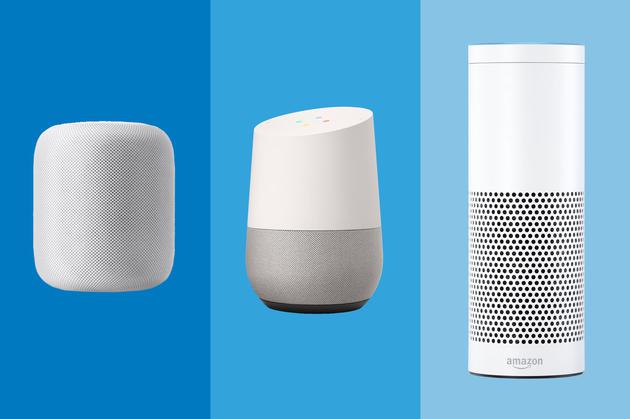
From left to right: Apple HomePod, Google Google Home, Amazon Echo
The first thing that first realized the value of Echo was Amazon. Since 2015, Echo's advertisements have frequently appeared on the Amazon.com website, and its status is equal to that of the company’s flagship Kindle. In June of the same year, Amazon announced that it has opened the core of Echo, the development platform of Alexa intelligent voice assistant, to developers, and the decision related to smart speaker and voice assistant has risen to the strategic level of Amazon. By the end of 2016, Echo already had tens of thousands of "skills" in the words of Amazon. This year, the Echo Show with a display unveiled, further broadening the integration of smart homes.
Google follows closely. In May 2016, Google announced the launch of Google Home and an upgraded version of Google Assistant, an audio assistant, at the I/O conference that year. A year later, Google Home quickly iterated, not only swiftly tying up Echo in terms of functionality, but also reduced costs on hardware, and built an ecosystem around speakers and Android phones and TVs.
Also catching up is Microsoft, which teamed up with others. At the Build Developers Conference in May this year, Microsoft announced that it will cooperate with veteran audio manufacturer Harman Kardon to launch Invoke, a smart speaker equipped with Microsoft voice assistant Cortana. Of course, the HomePod just launched by Apple is just one of the latest battles in the smart speaker battle.
From a time point of view, domestic manufacturers' follow-up is not too late. In 2015, Jingdong United University of Science and Technology set up Linglong Technology, and released the “Yi†smart speaker in the middle of the year. At the end of the same year, the home robot manufacturer Rokid decided to make the transition to the intelligent speaker field.
Two years later, domestic heavyweight players entered the market. In February of this year, Baidu purchased the “Row Technology†for the development of smart home control, and upgraded the original Duwei team to become the business unit, directly to the newly appointed President of Baidu. Qi reported that Tencent announced the launch of the AI ​​voice assistant “Cang Dang†in April, claiming that “the function is similar to that of Alexaâ€. According to information from the top floor of the media, Xiaomi has also completed the development of related products and will be listed within the year.
However, in this new wave of Copy to China, is it necessary to localize innovation in Silicon Valley again, and it is still estimated that many companies in the country have had a glimpse of the new “ventures†and have had to face problems.
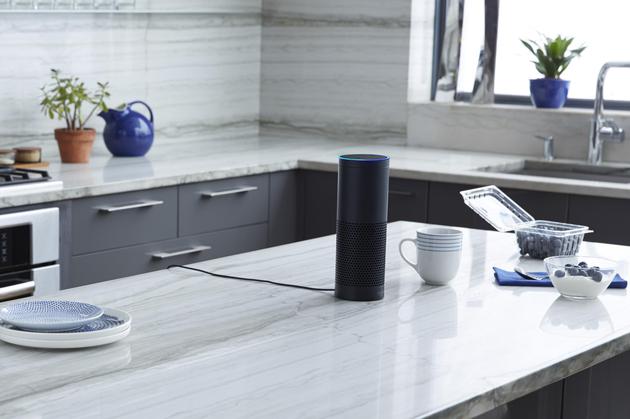
The Amazon Echo application scenario is often an American family kitchen, but similar needs and scenarios do not exist in China
The life center of an American family is often a dining table, and the typical application scenario of a family-oriented smart speaker becomes a kitchen. In fact, in the development process of the Echo prototype, a considerable part of the work was carried out on how to improve the use of the device in the kitchen.
According to Limp, the idea of ​​developing Echo began four and a half years ago. From establishment to listing, Amazon spent three years to solve technical problems, one of which is to reduce noise disturbance in the kitchen environment.
Linp said that the Echo prototype works very well in a model room of about 20 square meters, but the family environment is not necessarily the same as the model room: "For example, the kitchen in my own home would be very noisy because I could While washing dishes while playing music, there is the sound of a mixer next to it, maybe the children are still in the kitchen and sometimes there are friends who come to visit us. If Alexa can only ask the environment to be relatively quiet like a mobile phone, then it is not It may be a success. It must achieve good results in a noisy room like my kitchen."
In fact, when Echo is open to developers, popular “skills†are mostly related to kitchen-centered family life: news broadcasts and calendar reminders during breakfast, audiobook readings and light music during teatime, Prepare mouth-to-mouth recipes and timer settings for dinner... Even when you wash your dishes, you'll find that the detergent is running out of steam. Echo can also order from Amazon.
Extending on this basis, there are voice controls on the room lighting and temperature, all of which are rid of the cumbersome use of mobile phones. The pea pod cofounder, Wang Junyi, bought two Google Homes and an Amazon Echo in order to “pull the grassâ€. After fully experiencing relying on “shouts†without relying on mobile phones, he said in a recent column: “With the lazy desire, the habits are quickly developed.â€
However, “If you want to replicate Echo directly in China, you will certainly not be successful.†Li Zhifei, the founder of Voice Assistant, recently denied the significance of Echo to the Chinese market in the report of Lei Feng. Kitchen: In the United States, "when cooking, when children write homework, what questions can be asked. These scenes are very practical scenes, but the Chinese kitchen is not open at first, and cooking is not as quiet as the United States. ."
Li Zhifei also doubted: "To put music, ask the weather, set up alarms, check the calendar, and ask about the traffic conditions. The demand for these things in the United States is still very big, but in China, there is no such thing as a calendar."
The positioning of domestic products is indeed different. Take Jingdong United Science and Technology Co., Ltd. as an example, the "Sheng" intelligent voice speaker is used as an example. The speaker's high-end product line positioning is children's English education. According to Jingdong, Chinese users prefer the song function, which accounts for 53% of the frequency.
This is basically the same observation as Wang Junyu. After communicating with domestic smart assistants, he discovered that "it seems to be generally based on entertainment purposes."
In Li Zhifei's opinion, listening to music to check the weather itself is a function of low user stickiness. At present, domestic households have not yet formed a strong demand for smart speakers. Although there are plans for virtual voice assistants and smart speakers, at this stage, it is still necessary to “renovate the highway first, that is, to set up the hardware first, and then gradually use the unique sceneâ€. After all, the strategic value of smart speakers is very important.
In fact, although it was laid out early in 2015, it has not been able to replicate Echo's mythology in the United States until now. One of the investors, HKUST News Corp, acknowledged on the investor relations platform on May 15 this year that the assistant products in the Chinese market are still niche markets.
This is somewhat analogous to the e-reading market before the Kindle entered China: At that time, Multi-View, Douban and Byshee worked painstakingly in a niche market and treated Apple and Amazon's related businesses in China as good. Although the Kindle really entered, the market did not have enough space to accommodate Kindle imitators. Digital readers who have survived in the market are no longer competing with the Kindle on a single plane.
Today, when Apple released HomePod, it did not list China as a starting country. As for the Amazon that created this area, it seems that China has not yet been the next market to focus on Echo and Alexa. When talking about the difficulties faced by Echo's internationalization, Lin Pu talked about the difference between American English and British English, and the difficulties that European culture and food culture bring to machine learning.
After revealing that China has become the world's largest market for Kindle, Sina Technology asked Lin about whether or not Alexa and Echo would be brought into China.
Linp said: "We certainly hope that Echo can become a global product and sell it to any country in the world. However, I'm very sorry, I can't tell you a specific time."
The MTP series DC Power Supplies are High Power DC power supplies developed by iDealTek-Electronics based on IGBT semiconductor components, adopting AC/DC power processing topology with full-bridge phase-shift soft-switching technology. This series of High-power DC power supplies have the most output models and the widest output range in the company's DC power supply series, from 3KW ~ 30KW integrated in 19-inch standard rack-mounted high-precision DC power supplies to 45KW ~ 2000KW with casters or floor-standing Cabinet type High Power DC power supplies, output voltage up to 2000VDC, output current up to 6000A.
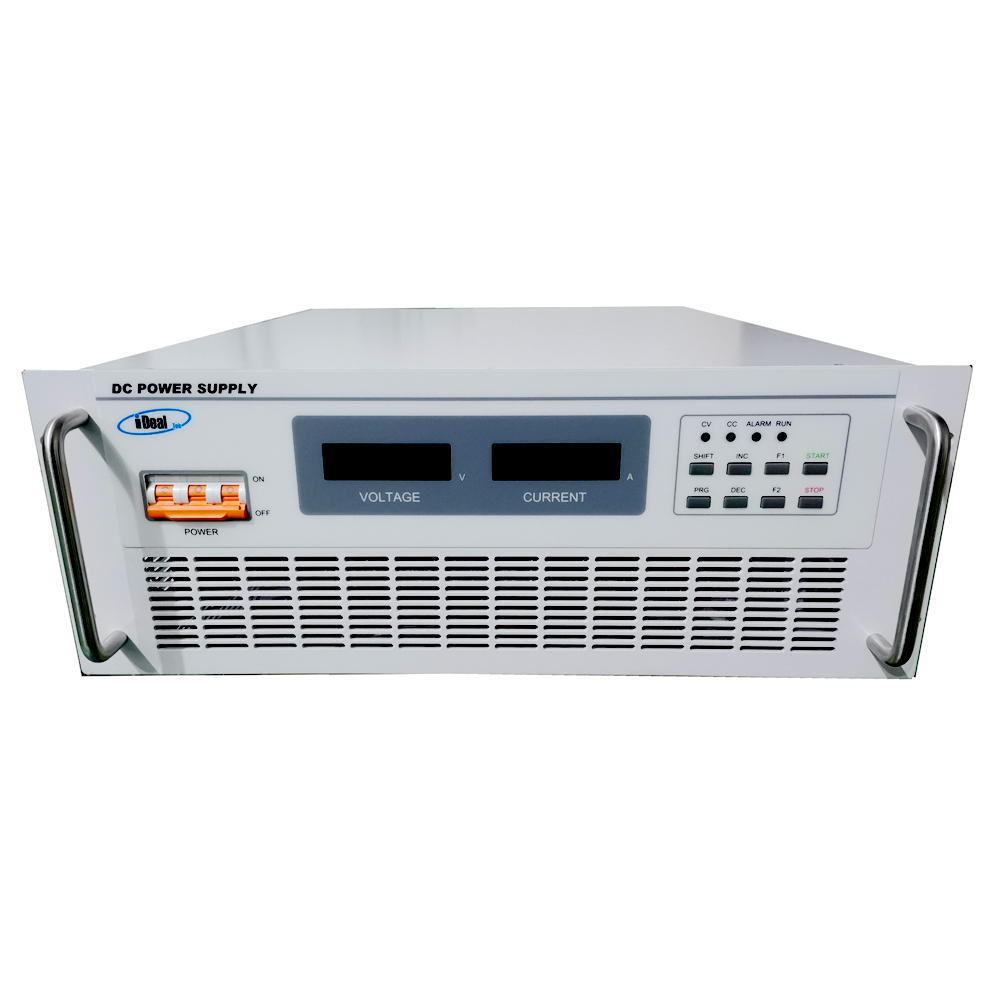
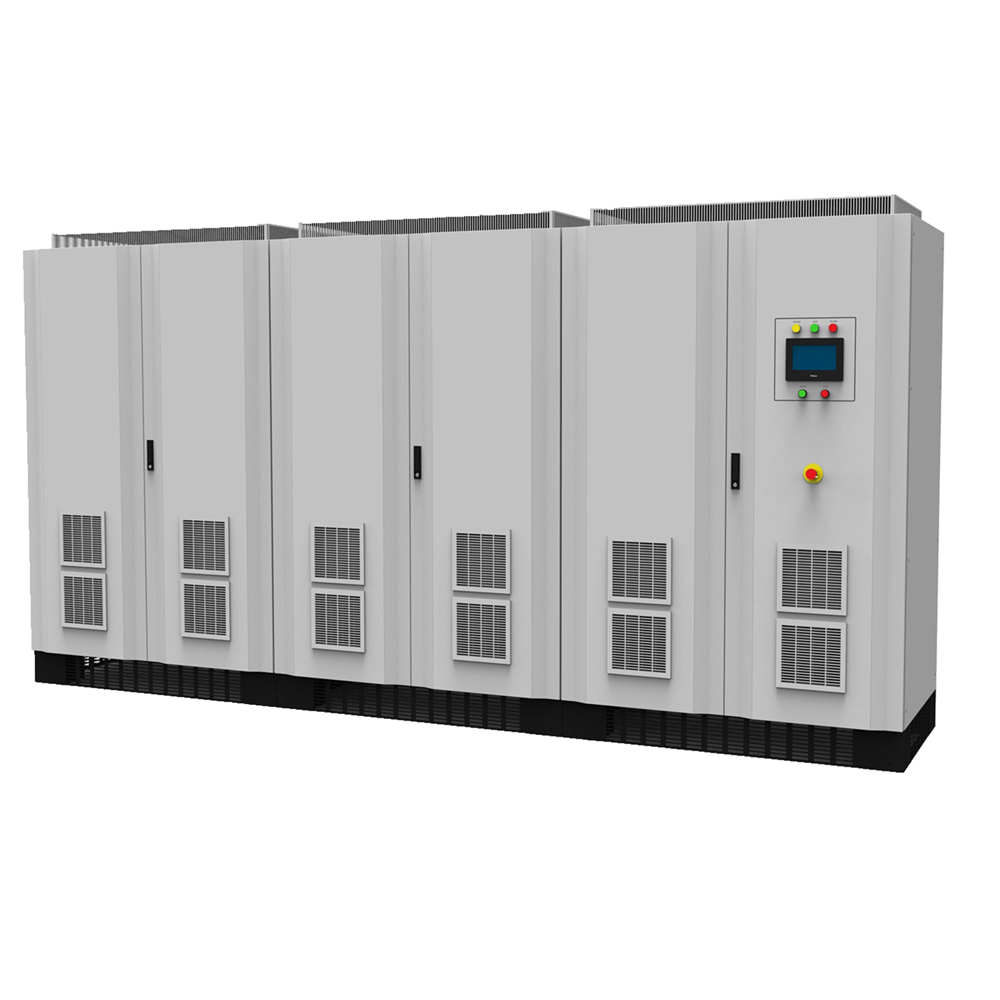
This series of High-power AC - DC power supplies are equipped with a reliable two-stage conversion mechanism drive logic circuit and a fast control loop optimized by iDealTek-Electronics. Which balances the requirements of low output ripple and fast DC output response speed, making this series of High-power switching power supplies can provide high-precision, low ripple, high-stability and High-power DC output with fast response speed feature of the switching power supply. All MTP series DC power supplies are equipped with a short-term 2 times rated current overload capacity (Except for some high-current output models) to cope with the inductive and mixed load's demand for high-current output at the moment of starting.
The full range of MTP series high-power DC power supply adopts digital control circuit. You can set and control the power output through the buttons on the front panel of the power supply (3KW ~ 30KW) or LCD touch screen (45KW ~ 2000KW). The high-precision 4 1/2-digit LED (3KW ~ 30KW) or LCD (45KW ~ 2000KW) provides intuitive, high-precision output display and measurement functions. At the same time, the full range of MTP high-power DC power supplies are equipped with RS485 interfaces as standard, following the MODBUS-RTU international communication protocol, which can realize remote control and operating status monitoring of the power supplies.
At present, this series of High Power DC power supplies are mainly used in Battery charging testing, DC motor testing, Photovoltaic inverter testing, and various cutting-edge applications that require High-power DC output.
High-power DC Power Supplies, High Power AC - DC Supplies, High-power Switching Power Supplies, High-power AC DC Supplies, High-power Power Supplies
Yangzhou IdealTek Electronics Co., Ltd. , https://www.idealtekpower.com